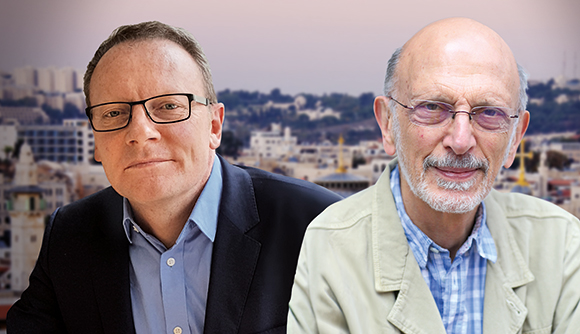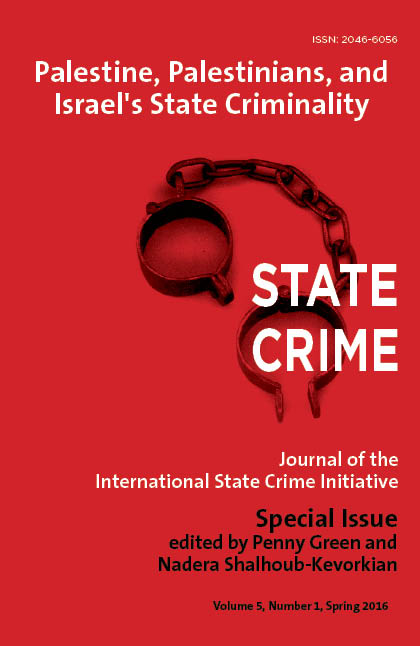We share the widespread sadness and anger at what appears to be the assassination of Jo Cox MP by a right wing terrorist, and want to express our condolences to her husband Brendan, her children Lejla and Cuillin and her many friends.
Electronic Intifada, CAABU, PSC and MAP have published tributes to Cox who was an outspoken advocate for Syrian and Palestinian human rights. Last year she put down an EDM on Gaza to mark the first anniversary of the 2014 bombing, and she called the Conservative government’s legal threats to curtail the boycott of Israel “a gross attack on democratic freedoms. It is our right to boycott unethical companies.”
My latest letter on #Gaza pic.twitter.com/Ayci3GZPdW
— Jo Cox MP (@Jo_Cox1) 6 August 2014
We reprint her brief, but powerful contribution to the parliamentary debate on Child Prisoners and Detainees: Occupied Palestinian Territories. A number of Israel lobbyists were present and defended Israel’s record, including Labour Friends of Israel officer, Louise Ellman. It was in the context of cynical campaigns – such as this – to demonise and blame the victims, that Cox’s compassion always shone through.
Another Joe, Joe Hill proclaimed, ‘Don’t mourn, organise’. We will mourn but we will also organise.
Watch the debate on Child prisoners and detainees in the Occupied Palestinian Territories:
In January this year, Sarah Champion (Rotherham) (Lab) moved that the House consider damning reports into Israel’s system of martial law that is now in its 49th year, including allegations that “alleged ill-treatment of children during arrest, transfer, interrogation and detention have not significantly decreased in 2013 and 2014”. Cox made one of the earliest contributions:
Jo Cox (Batley and Spen) (Lab)
I congratulate my hon. Friend on securing this debate. She will be aware that evidence from Military Court Watch suggests that 65% of children continue to report being arrested at night in what are described as terrifying raids by the military. Will she comment on that worrying fact?
She was preceded by Mrs Louise Ellman (Liverpool, Riverside) (Lab/Co-op) who asked Champion if she accepted that “the context in which these situations occur is an organised campaign conducted by the Palestinian authorities of incitement, to try to provoke young Palestinians to carry out acts of violence towards other civilians, some of which result in death, including the death of young children?”
Cox’s contribution was followed by that of Conservative Friend of Israel Vice-Chairman, Andrew Percy (Brigg and Goole) (Con) who suggested Champion “knows full well that the difficulty of arresting people during the day instead of the night is that it has led to deaths and riots. The authorities are operating in a very difficult context.” Continue reading “We mourn and will miss Jo Cox”


 The Boycott, Divestment and Sanctions (BDS) movement calls for an economic, academic and cultural boycott of Israel over its policies towards the Palestinians. The UK, United States and other governments have criticised BDS as anti-Semitic and tried to prevent organisations, such as local authorities and student unions, from supporting it.
The Boycott, Divestment and Sanctions (BDS) movement calls for an economic, academic and cultural boycott of Israel over its policies towards the Palestinians. The UK, United States and other governments have criticised BDS as anti-Semitic and tried to prevent organisations, such as local authorities and student unions, from supporting it. This is the most protean of racisms and it has shape-shifted again. Old-fashioned Jew hatred still exists, but anti-Semitism today is often found—as the Labour Party is discovering—in the smelly borderlands where an anti-Israeli sentiment of a particularly excessive, demented kind, commingles with and updates—often unthinkingly—older anti-Semitic tropes, images and assumptions.
This is the most protean of racisms and it has shape-shifted again. Old-fashioned Jew hatred still exists, but anti-Semitism today is often found—as the Labour Party is discovering—in the smelly borderlands where an anti-Israeli sentiment of a particularly excessive, demented kind, commingles with and updates—often unthinkingly—older anti-Semitic tropes, images and assumptions. You do go to rhetorical extremes. I had hoped this exchange might calm and clarify an important debate. Setting up ghoulish straw men so that you can satisfyingly knock them down doesn’t hack it. I will try to practise what I preach. Your case, when stripped of the cartoon villains, comes down to a useful neologism; useful, that is, to you. I would like to dwell on “anti-Semitic anti-Zionism” as a concept.
You do go to rhetorical extremes. I had hoped this exchange might calm and clarify an important debate. Setting up ghoulish straw men so that you can satisfyingly knock them down doesn’t hack it. I will try to practise what I preach. Your case, when stripped of the cartoon villains, comes down to a useful neologism; useful, that is, to you. I would like to dwell on “anti-Semitic anti-Zionism” as a concept.

